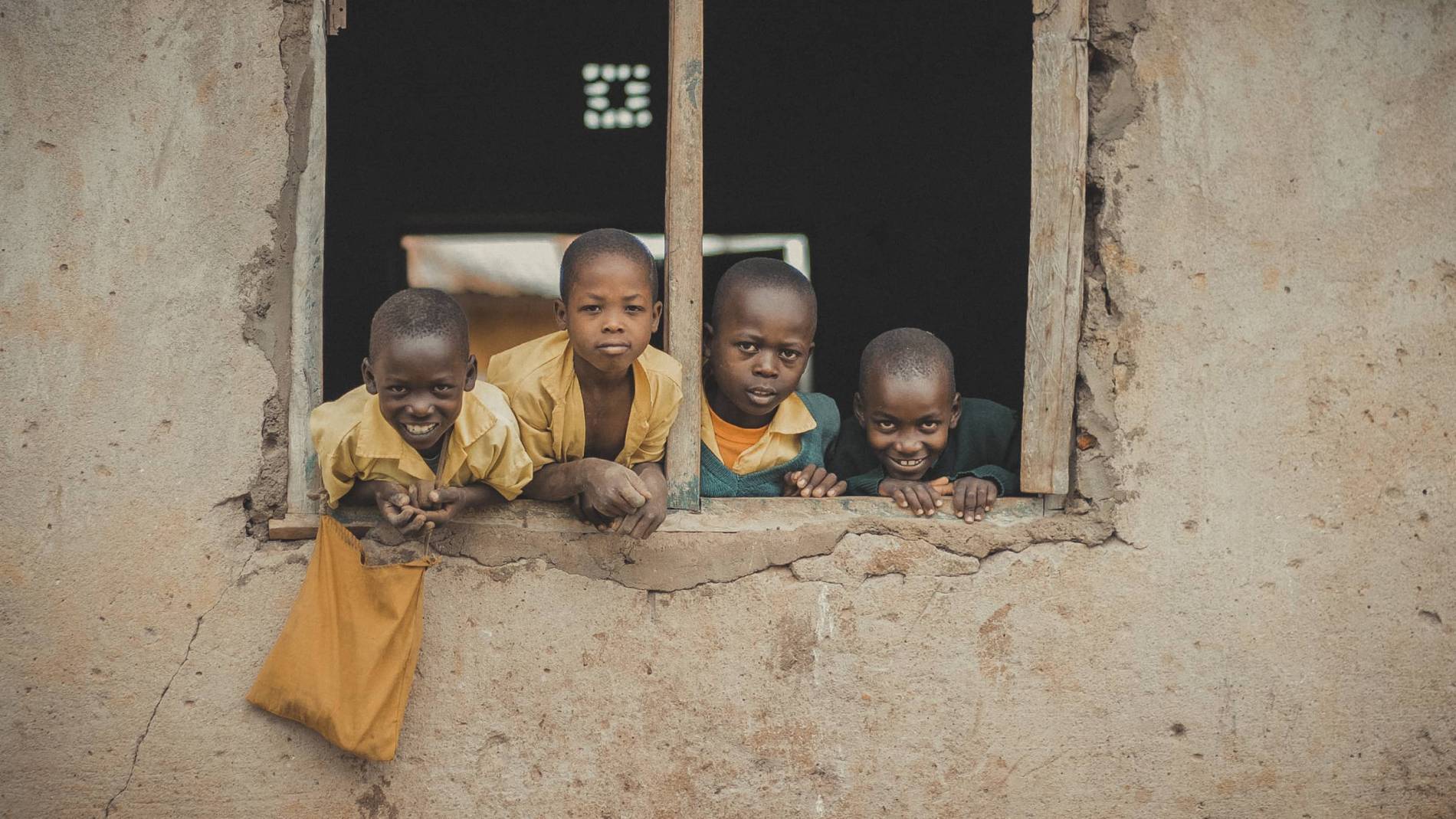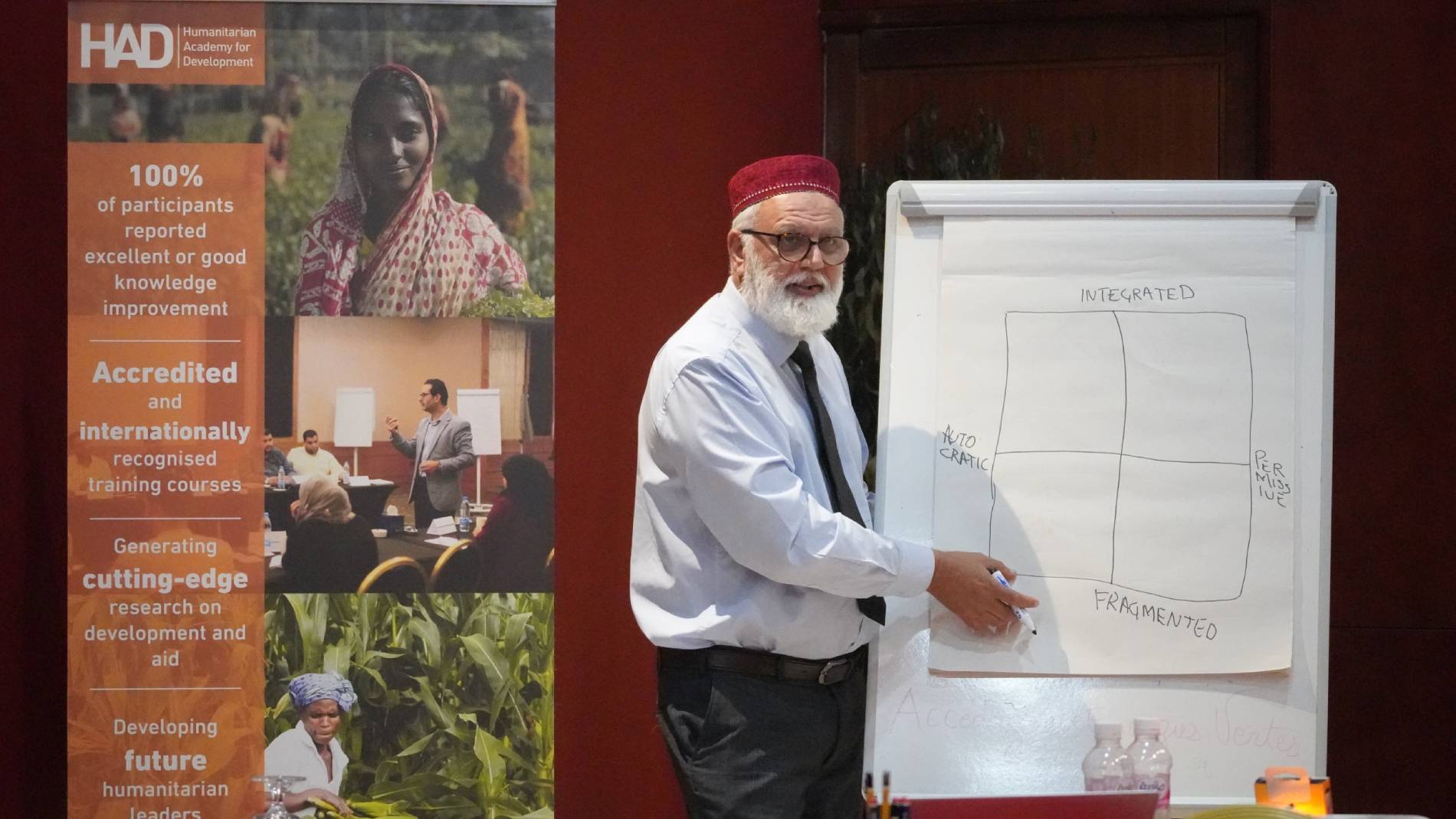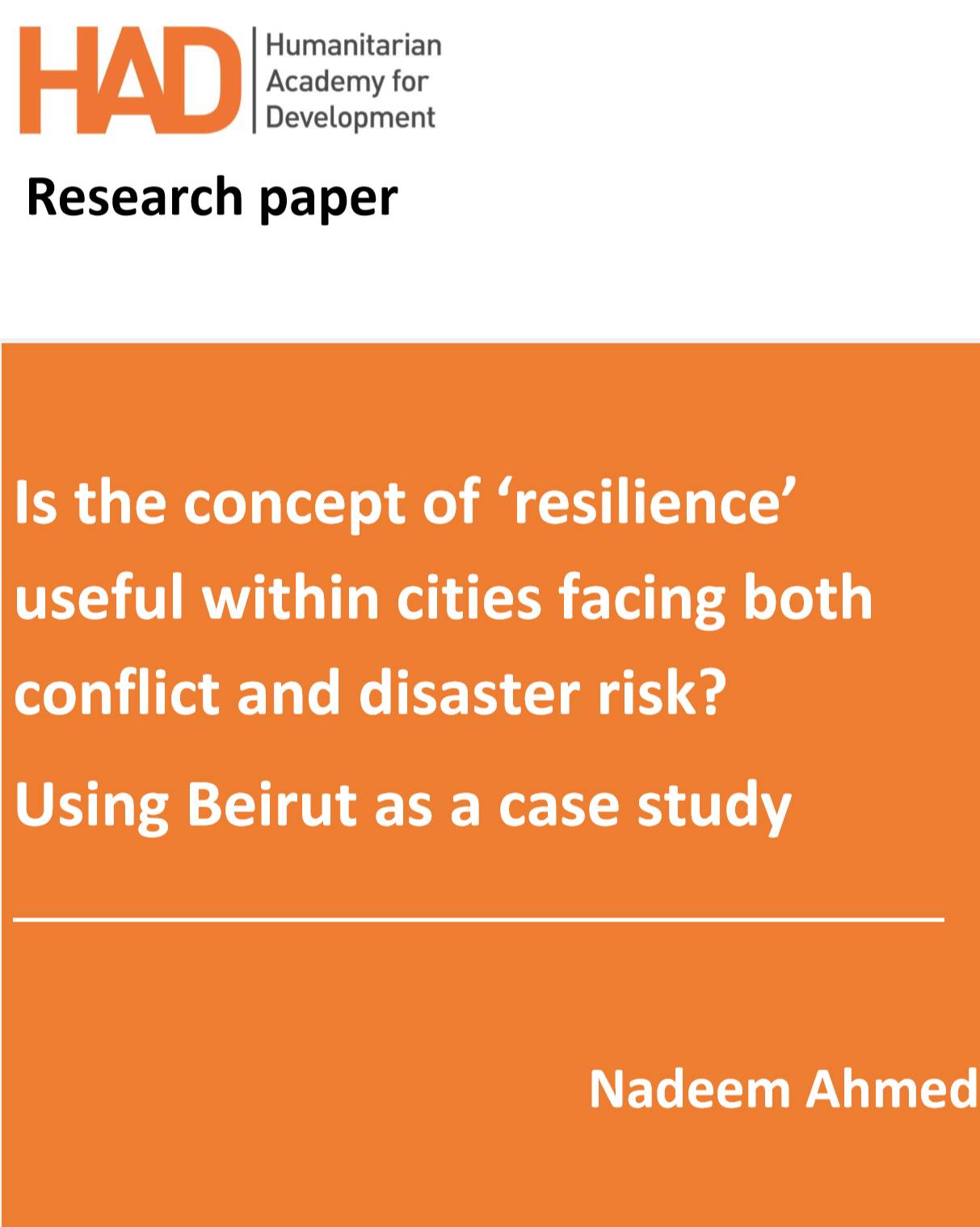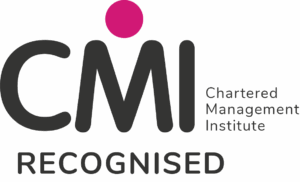Managing Humanitarian Funds in Niger
moh2023-05-13T09:31:09+00:00Mission NIGER / 2019 A 4 day training course was organised (14-17th January 2019) in Niger for Islamic Relief West Africa region in partnership with Bioforce. The training was aimed at primary programs staff with the aim of understanding different approaches and tools commonly used to raise and manage funds within the humanitarian sector. This entailed comparisons between the project and funding cycle, the funding sources available, developing projects in line with organisational strategy and donor’s criteria, criteria for developing a funding proposal and strategy, identifying best reporting practices. The training included teaching NGO staff how to write and manage quality [...]












